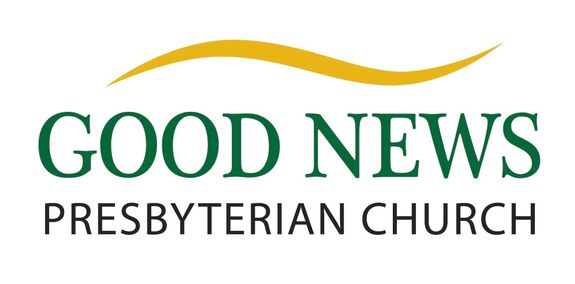The Wedding Service |
A wedding is not primarily an elaborate production that celebrates the love of a couple. It is,
rather, a worship service at which vows are made. In these vows the bride and groom hold themselves accountable not only to God but to others. Hence, the tradition of inviting guests to one’s wedding. The guests are witnesses to the couple’s vows, and wisely so, for society has a stake in faithful marriages. Thus, the minister proclaims, “friends, we are assembled here in the presence of God and these witnesses to join this man and this woman in holy matrimony.” The traditional wedding service in the English-speaking world is largely based on the service found in the 1549 Book of Common Prayer and refined in the 1552 and 1662 editions. The service in the Book of Common Prayer stands on the shoulders of the Liturgy of Cologne, written by Martin Bucer (1491-1551) and Philip Melanchthon (1497-1560). The present form of the liturgy, honed down through the centuries, is unparalleled in its economy of words, precision of expression, and poetic cadences. The service begins with the minister declaring the origin and design of marriage: We ... join this man and this woman in holy matrimony, which is instituted of God, Marriage is a covenant of companionship (Malachi 2:14) by which a man and a woman mutually pledge exclusive and lifelong commitment.
These vows are severe. The bride and groom pledge to put faithfulness before feelings. For
those who hope to marry one day, please don’t consider writing your own vows. You may respond, “but we want our vows to be unique.” You cannot improve on the comprehensiveness of traditional vows. Further, the gravity of marriage vows lies not in what makes them unique, but in what makes them the same as the vows taken by those who have gone before. The pledge to never reject or abandon your spouse provides the security necessary for one to truly know and be known by another, a security that cohabitation cannot provide. Of course, a promise is only as good as the character of the promise-maker, so don’t marry someone you do not completely trust. At the close of the ceremony the minister declares of inviolable character of the vows: “whom therefore God hath joined together, let no man separate” (Matthew 19:6). When people ask me, “Do you do weddings?” I reply, “No, but I do start marriages.” One of the ingredients of a successful marriage is to understand God’s design for marriage. That design is best conveyed in the traditional wedding liturgy. Peter Kemeny, Pastor Good News Presbyterian Church P.O. Box 1051, Frederick, MD 21702 www.goodnewspres.org |

